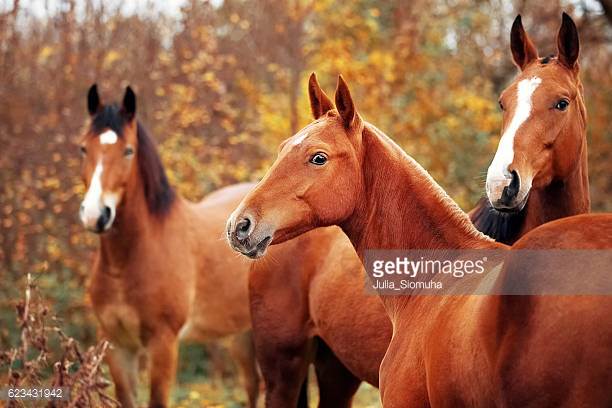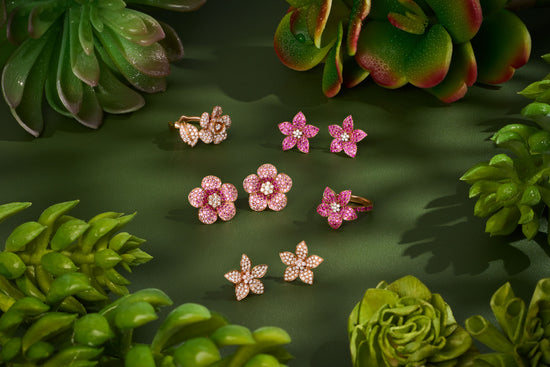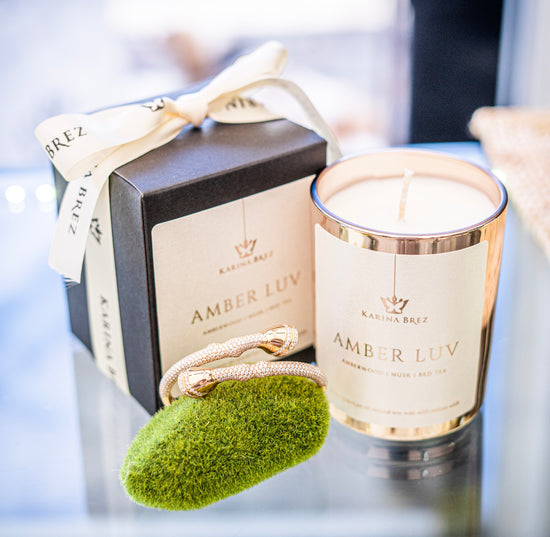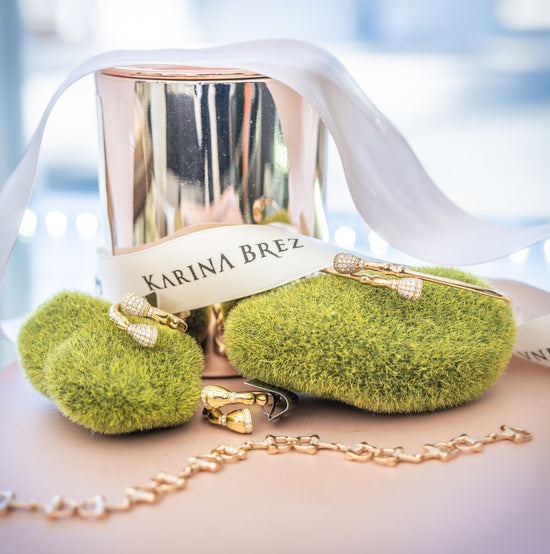What is the average lifespan of a horse?
The answer to that question depends on the breed of horse being discussed. Some breeds have extremely long lifespans, exceeding 30 years. Other breeds have relatively short lifespans, averaging less than 20 years.
The amount of veterinary care, exercise, and exposure to difficult weather conditions can affect the lifespan of a horse as well.
In general terms, the confident average is about 25 years, as that fits in-between the 20- to 30-year span that can be found in most breeds. For horses that receive good care and aren’t worked or ridden hard, they have a greater chance of reaching the upper end of the average lifespan.
What Are the Horse Breeds That Live the Longest?
In general terms, lighter and smaller horses typically live longer than horses that are heavier and taller. There are always exceptions to this general rule, but ponies and light draft horses trend toward the 30-year mark on the average lifespan. Heavy draft horses, such as a Shire, trend toward the 20-year mark on the average life span.
That means the best option for potential owners or handlers is to choose the breed of horse that is right for you. Any horse has the potential to be long-lived if it is given a loving home and proper care.
Who Is the Oldest Horse in History?
The oldest horse ever documented comes from the 18th century. His name was Old Billy and he was a British Barge Horse. He was foaled in 1760 and died in 1822, meaning he made it to the ripe old age of 62. His remains are kept at the Manchester Museum to commemorate his long life.
Today, it is not unusual to see several horses reach their 40s or 50s thanks to the advances in medical care that are received. A horse named Sugar Puff lived to the age of 56, passing away in 2007. Sugar Puff was a Shetland cross pony and was listed in the Guinness Book of World Records.
An Irish pony named Jesse was documented by the Belfast Telegraph as reaching the age of 49. A pony in the United States named Ted E. Bear is often cited by writers as living to the age of 55.
Dr. Bob Wright, veterinary scientist for the Ontario Ministry of Food and Agriculture, lists four horses or ponies that have gone beyond the 50-year-old age barrier as well, including a Welsh pony that lived to the age of 66 – though the latter pony’s age has not been independently verified.
\n\nPolice looking for whoever shot and killed this Palomino while it was grazing in a pasture over the weekend near Oceanway. Horse was valued at $50,000. pic.twitter.com/kiv4j5x95I
— Frank Volpicella (@WJXTFrankV) November 13, 2017
How Can You Tell the Age of a Horse?
There is no specific method that can be used to determine the exact age of a horse. Unless there are passports, papers, or some other form of registration document that can verify the information for an individual horse, exact ages are often lost.
It is possible to determine an estimated age for a horse by examining their teeth. As the horse gets older, it becomes more difficult to pinpoint an accurate age range using the teeth method. It is usually reserved for younger horses only.
To determine the age of a horse by their teeth, one must look at their 12 front incisors. The two central pairs of teeth, upper and lower, are called the “nippers.” The “intermediates” are the four teeth that are next to the central pair, while the outer four teeth are referred to as “corners.”
Between the age of 4-5, there are canine teeth that can begin to appear between the 12 front incisors and the 24 back molars. Only stallions or geldings develop these teeth on a regular basis. Mares can develop them too, but it happens very rarely.
Then this generic comparison chart can be used to determine an approximate age for the horse being examined.
- At 1 year, all the temporary teeth of the horse are present and the corners have not begun to show any wear.
- At 2 years, the corners begin showing wear and the temporary teeth can be distinguished from the permanent teeth.
- At 3 years, the large center teeth become prominent in contrast to younger horses.
- At 5 years, most horses have lost all their temporary teeth and have a full mouth.
After the age of 5, judging the age of a horse on their teeth is open to interpretation. There can be varying levels of dovetail and wear and tear within the horse’s mouth. Older horses tend to have teeth that are taller and wider compared to younger horses, becoming more angular with every passing year.
Age estimates are usually somewhat accurate for horses that are 15 years old or younger. Because of the variability of tooth wear, it is difficult to pinpoint an age range for senior horses.
How to Prolong the Life of a Horse
The key to giving a horse the best possible chance at a long life is to give it good care, good feed, and good exercise. It is usually a health issue which causes a horse to lose its life prematurely. In many instances, a bout with colic will usually force a decision about whether or not a horse should be euthanized.
As horses age, their immune systems become weaker. It becomes difficult for their internal systems to fight off infections and illnesses. Senior horses can see a rapid degradation of health and run down quickly. If a horse’s teeth begin to wear out or go missing, older horses can start suffering from malnutrition issues as well, which hastens the speed of the physical degradation.
With good care, the health issues that have the greatest risk to the horse can be reduced. Senior horses that are active, working with children or beginners, succeed more often than not because they still have a definable purpose. A clean stall, being turned out regularly, and having a herd, or at least a friend, for a senior horse adds to their quality of life as well.
What is the average lifespan of a horse? It is only a marker for which owners can shoot toward when caring for their horses. In the United States, a 25+5 average spans most breeds, which provides the 20- to 30-year average that is often discussed. In Canada, The Ontario Ministry of Agriculture lists the average lifespan of a horse as being 28+5, so that means the average is 23-33 years.
The bottom line is this: lifespans are finite. We should enjoy whatever moments we are blessed to have with our horses and treat them with the respect they deserve. That way, every horse can enjoy the happiest life possible.




